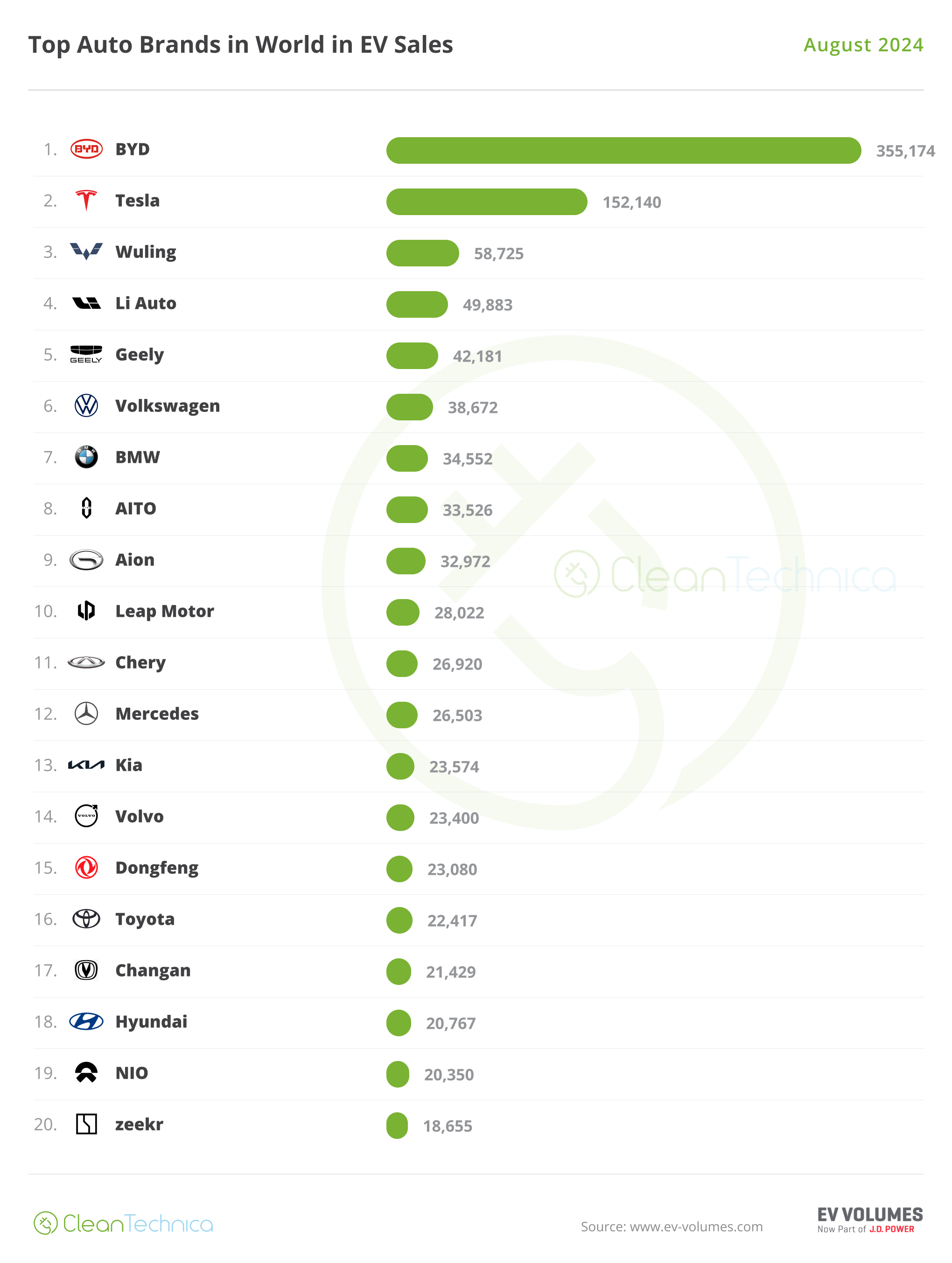Sign up for daily news updates from CleanTechnica on email. Or follow us on Google News!
The second report of the X-change series was produced by RMI in partnership with the Bezos Earth Fund and is a contribution to Systems Change Lab. These reports analyze the exponential growth of renewable energy technologies, demonstrating why and how major areas of the global energy system are achieving faster change than many realize.
In X-change: Cars, RMI shows that the rapid growth of electric vehicles (EVs) means that global oil demand for cars has already peaked and will be in freefall by 2030. The end of the internal combustible engine (ICE) age has begun.
There is a clear exponential growth pattern for EVs, as rising sales track along an S-curve. Led by Northern Europe and China, and driven by policy, it is taking around six years for EVs to go from 1% to 10% of new car sales. The next stage is quicker still: In leading countries, it is taking another six years to get to 80%.
The new driver of change is economics. Because battery costs enjoy learning curves, total cost of ownership price parity has been reached, and sticker price parity will be reached in every major car market and segment by the end of the decade. That will enable the revolution to widen across the Global South and deepen into other transport sectors.
By 2030, EVs will dominate global car sales. If we continue to solve the challenges and sales continue up the S-curves, then EVs will make up between 62% and 86% of global car sales by 2030, with China enjoying an EV market share of at least 90%. Meanwhile, consensus sales forecasts are lagging and get upgraded every year.
Electric vehicles’ share of global car sales
The rapid growth in EVs means peak oil demand for cars is behind us. Global oil demand for cars peaked in 2019 and is currently on a typical plateau, squeezed between efficiency gains and the growth of EVs. By 2030 oil demand for cars will be falling at over 1 million barrels per day (mbpd) every year and the endgame for one-quarter of global oil demand will be in sight.
Rapid production growth of batteries for cars is sparking the lower costs and higher energy density needed to drive change across the rest of the transport sector, from two-wheelers in the Global South to heavy trucking in China and the US.
To find out more, download the report here.
By Kingsmill Bond, Sam Butler-Sloss, Daan Walter, Harry Benham, Edward J. Klock-McCook, Dave Mullaney, Yuki Numata, Laurens Speelman, Clay Stranger, Nigel Topping
© 2023 Rocky Mountain Institute. By Jacob Corvidae. Published with permission. Originally posted on RMI.
Have a tip for CleanTechnica? Want to advertise? Want to suggest a guest for our CleanTech Talk podcast? Contact us here.
EV Obsession Daily!
I don’t like paywalls. You don’t like paywalls. Who likes paywalls? Here at CleanTechnica, we implemented a limited paywall for a while, but it always felt wrong — and it was always tough to decide what we should put behind there. In theory, your most exclusive and best content goes behind a paywall. But then fewer people read it!! So, we’ve decided to completely nix paywalls here at CleanTechnica. But…
Thank you!
Tesla Sales in 2023, 2024, and 2030
CleanTechnica uses affiliate links. See our policy here.




.jpg)
